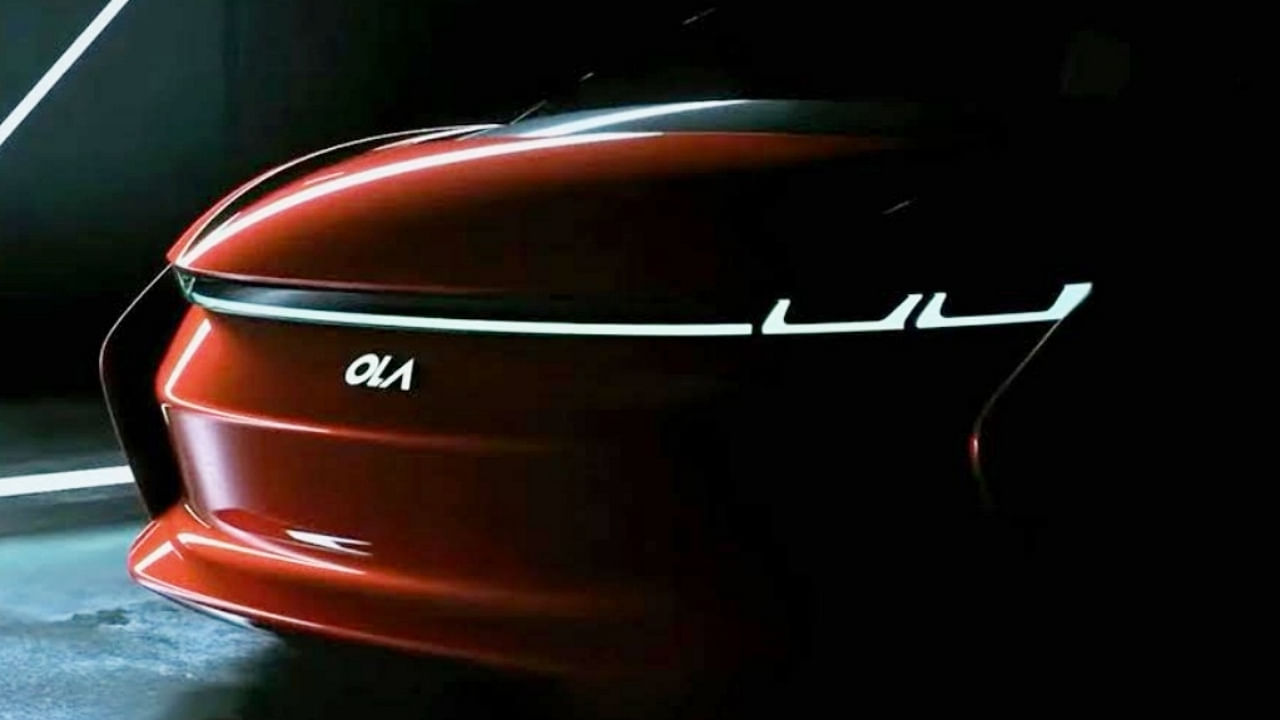
Ola Electric plans to launch its first electric car in the summer of 2024 and price it at less than $50,000 (roughly Rs 40 lakh) compared with the global price tag of around $70,000, its chief executive Bhavish Aggarwal revealed on Monday.
Experts said the move could spice up competition in the EV ecosystem, which is currently dominated by only a couple of legacy auto players.
“(It) will enable domestic supply chain management...and provide more options for customers,” said Suraj Ghosh, director, Powertrain & Compliance Forecasts, South Asia, S&P Global Mobility.
The new car, which will have a range of 500 km per charge and an all-glass roof, will be able to go from 0 to 100 km/hour in four seconds. It will be keyless, have handless doors and features assisted driving capability.
“There will be multi-billion dollar investment flowing into the e-cars business over a few years,” Aggarwal said while addressing the media at the Ola campus in Bengaluru.
The news came exactly a year after the company introduced its first electric two-wheeler scooter. Ola Electric has come under the microscope for a host of issues ranging from delivery delays to EV fires.
Aggarwal tried to play down those concerns and defended the company’s business model of selling directly to customers without a middleman.
He highlighted that the company will continue to use the same delivery and service approaches for its e-cars too.
However, experts expressed doubts about the company’s timeline.
The launch timeline appears a bit over-ambitious and could be risky, especially after the issues of its scooter were attributed to its hurried launch, Ghosh said. “A car is a way more complicated product and has stricter standards and compliance requirements in comparison to a two-wheeler.”
It’d be more prudent to sell a robust and reliable product than to be the first to sell, he added.
Aggarwal also used the occasion to shed light on its plans to convert the world’s largest e-scooter factory that it opened in India last year into a full-fledged electric vehicle hub.
The “Future Factory” will not only make e-scooters and cars but also develop indigenous cells and lithium-ion batteries for their products. Once expanded, the hub will be able to make 10 lakh cars, one crore scooters and 100 Gigawatt hours (Gwh) of cells, he said.
“We believe we can make India the global EV hub and to make that happen we need to invest heavily,” the 36-year-old entrepreneur said.
The SoftBank-backed EV unicorn also relaunched Ola S1 e-scooters with new features including music playback, navigation, and reverse mode. To mark India’s 75th anniversary of Independence, it unveiled an Ola S1 Pro ‘Freedom Edition’ in khaki green colour. It plans to commission only ‘1947’ units of this limited edition scooter with a price tag of Rs 1,49,000.
Aggarwal also hinted at electrifying Ola’s ride-hailing fleet in the coming months, to bring the business in line with the company’s overall vision of driving a revolution in electric mobility.
He said that the company will soon announce its plans to foray into the e-bike segment.
“At some point, we will look at all forms of mobility,” he added.